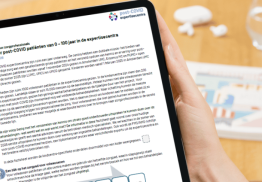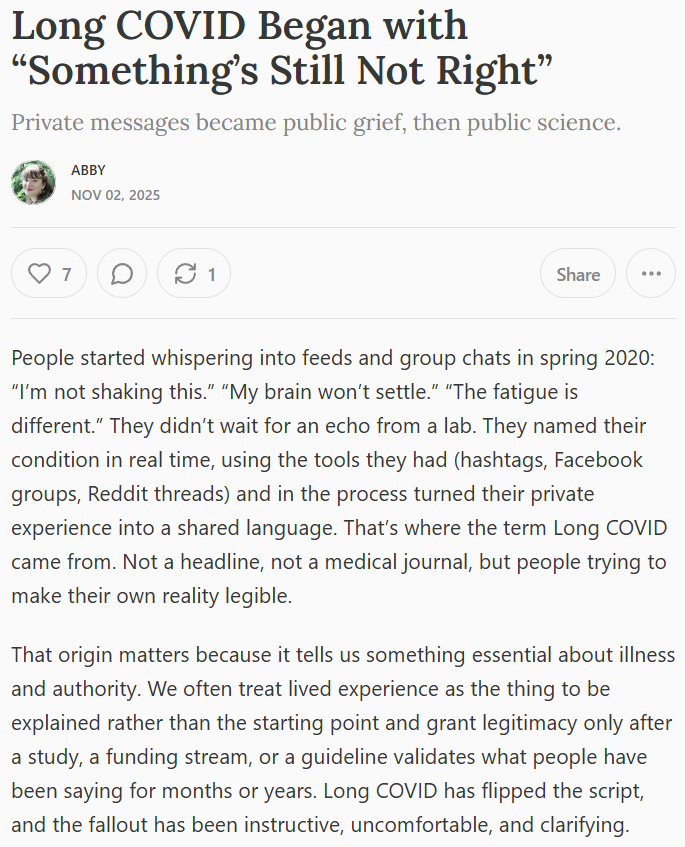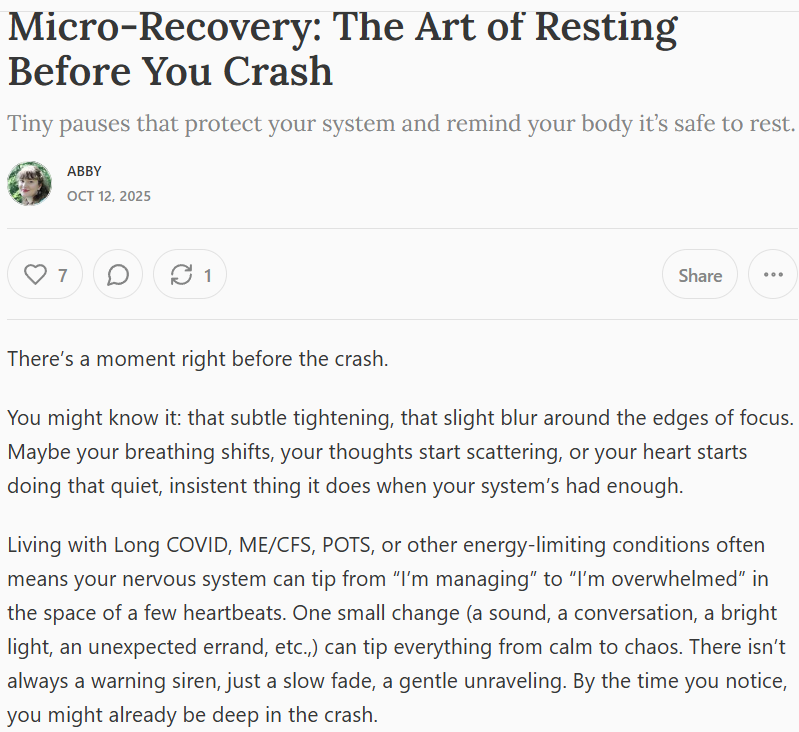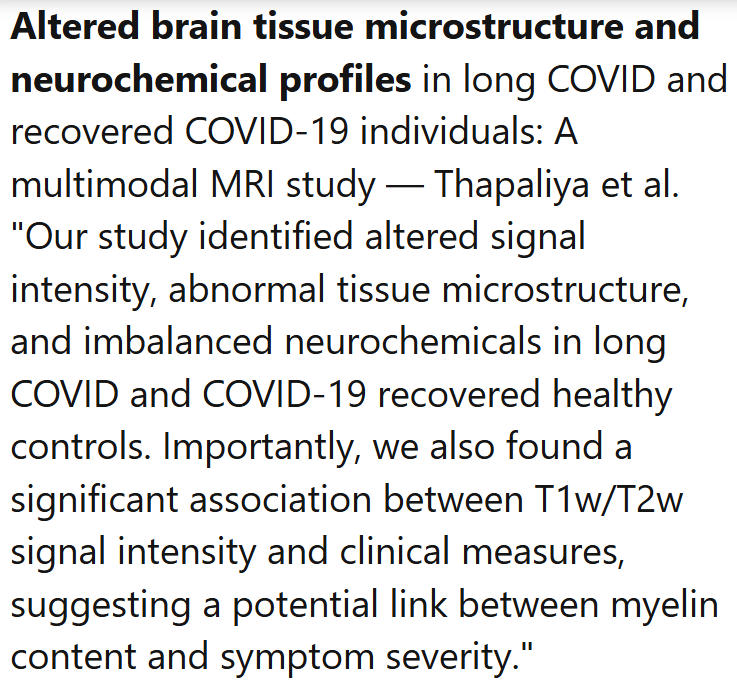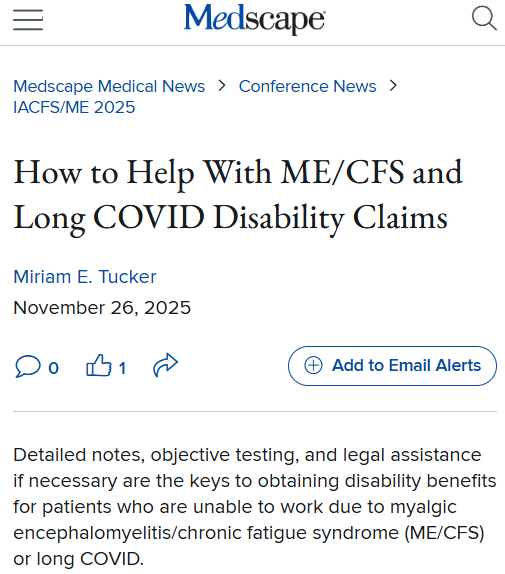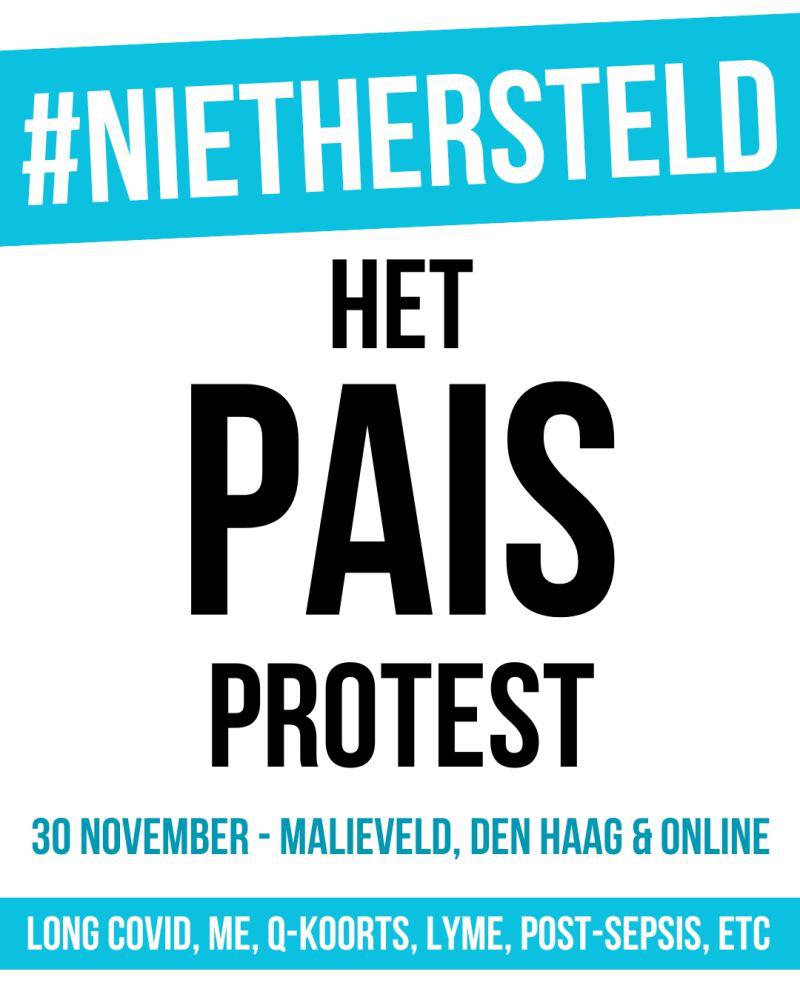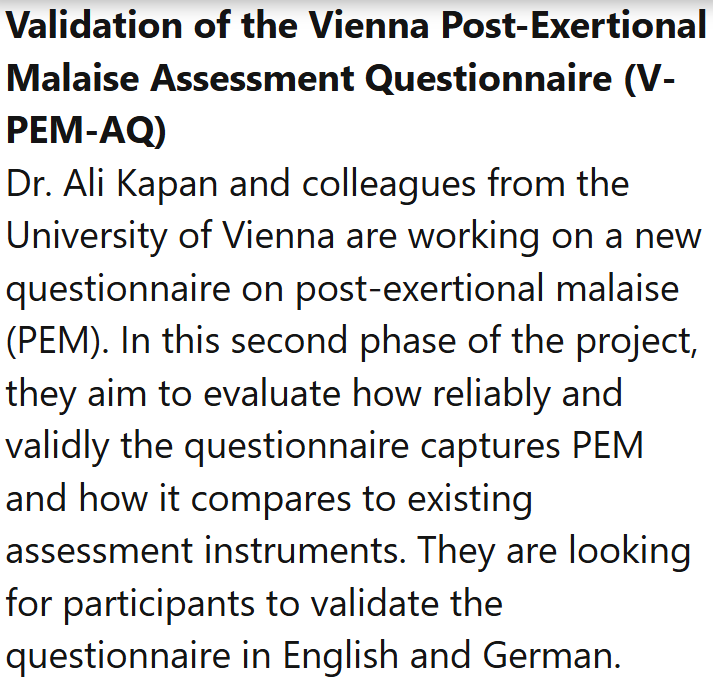Micro-Recovery: The Art of Resting Before You Crash
Tiny pauses that protect your system and remind your body it’s safe to rest.
Abby
Oct 12, 2025
There’s a moment right before the crash.
You might know it: that subtle tightening, that slight blur around the edges of focus. Maybe your breathing shifts, your thoughts start scattering, or your heart starts doing that quiet, insistent thing it does when your system’s had enough.
Living with Long COVID, ME/CFS, POTS, or other energy-limiting conditions often means your nervous system can tip from “I’m managing” to “I’m overwhelmed” in the space of a few heartbeats. One small change (a sound, a conversation, a bright light, an unexpected errand, etc.,) can tip everything from calm to chaos. There isn’t always a warning siren, just a slow fade, a gentle unraveling. By the time you notice, you might already be deep in the crash.
